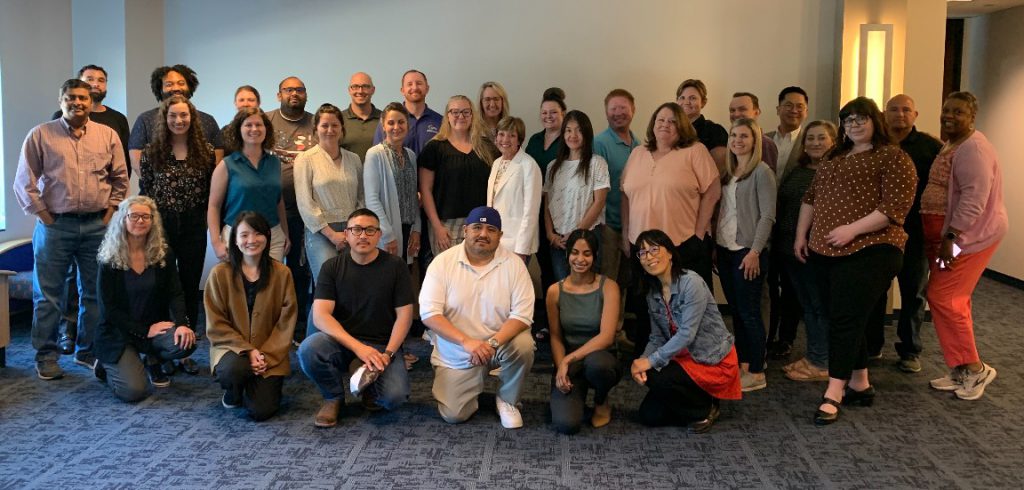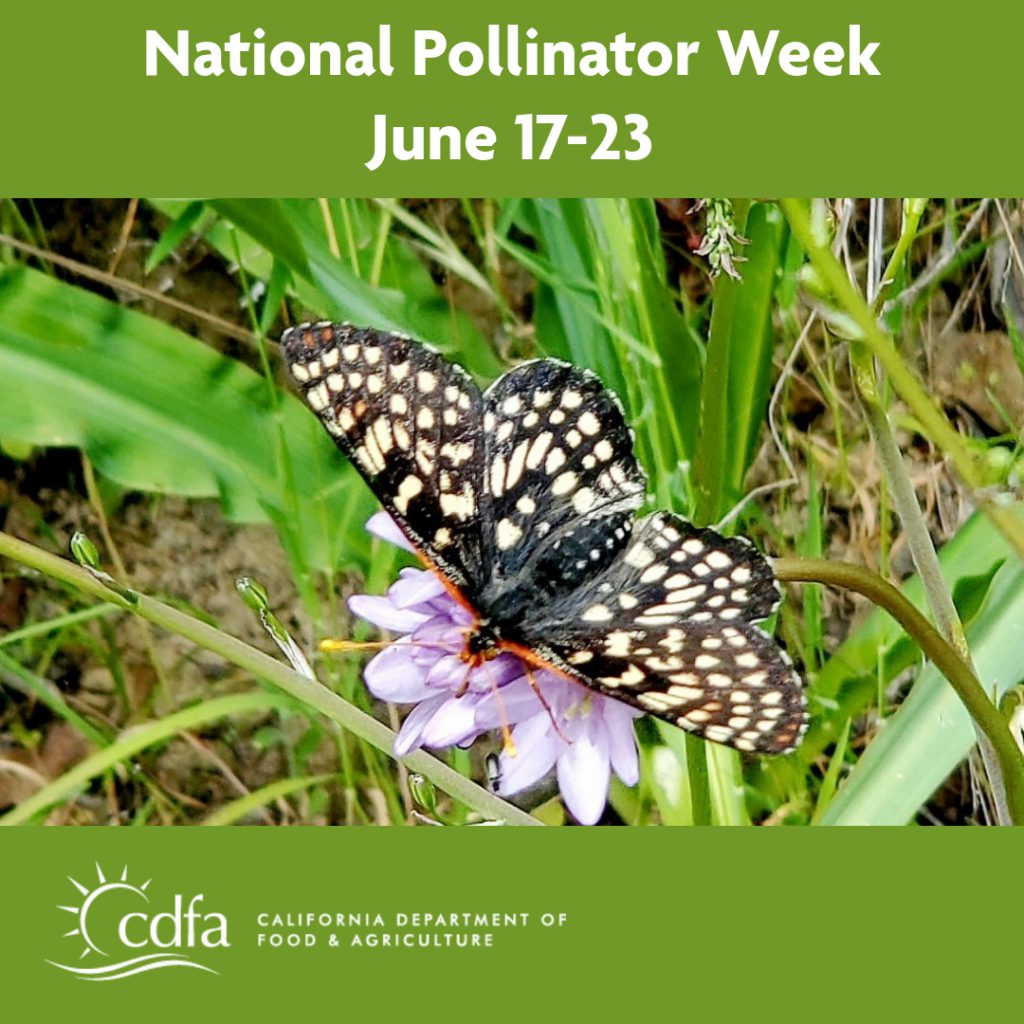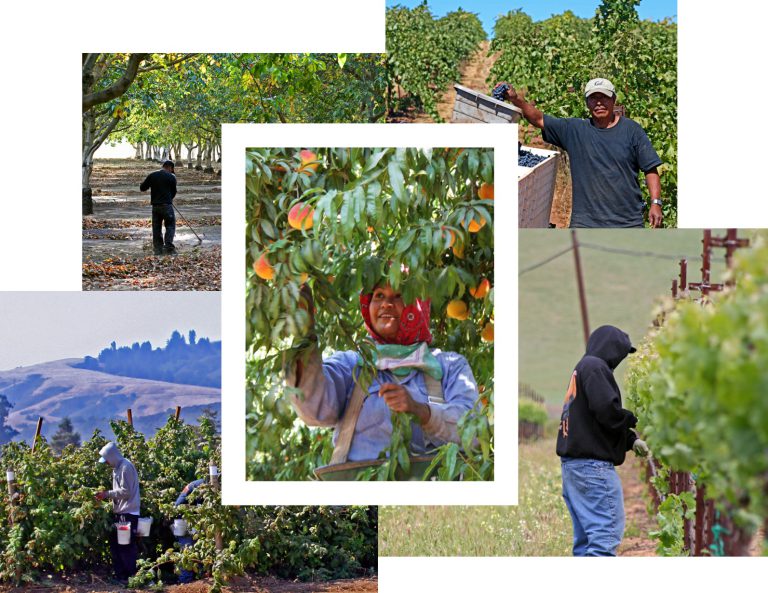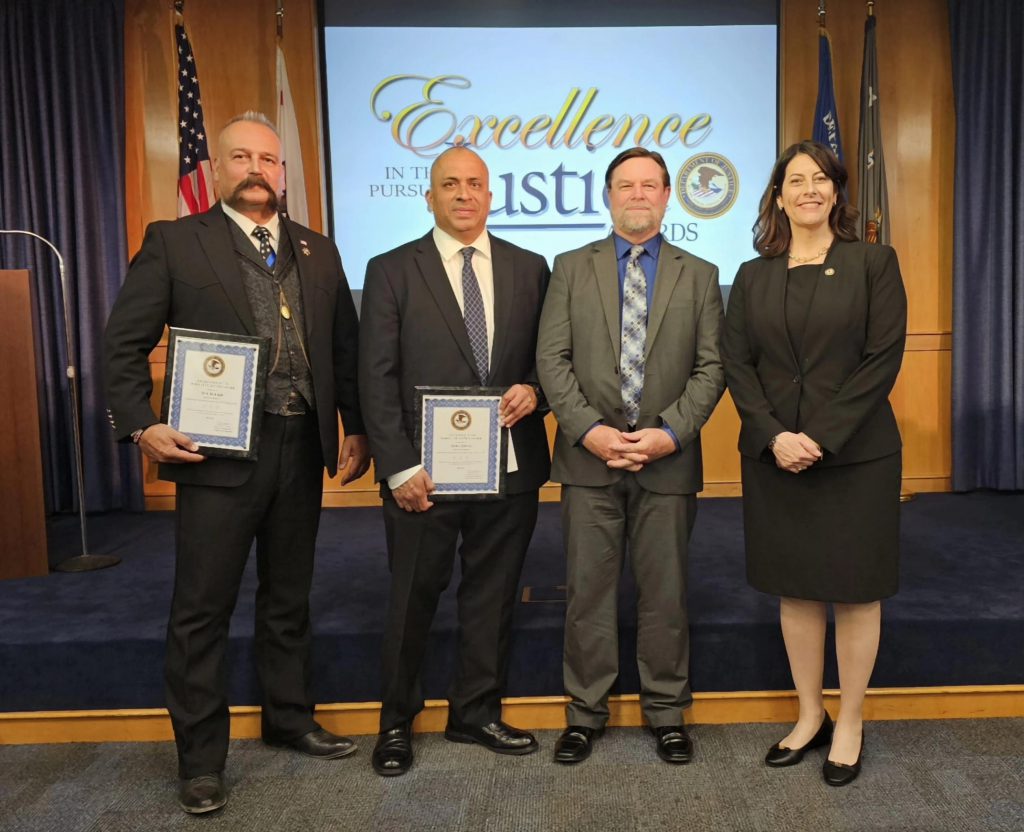June is LGBTQ+ Pride Month, and this week, CDFA’s Diversity, Equity and Inclusion (DEI) Committee and the agency’s Office of Civil Rights commemorated the month with a panel discussion featuring CDFA employees who are members of the LGBTQ+ community. Moderated by CDFA Undersecretary Christine Birdsong, the conversation included the panelists’ personal journeys, their experiences at CDFA, and their reflections on what LGBTQ+ Pride Month means to them.
Undersecretary Birdsong opened with a summary of the beginnings of Pride Month, which has its roots in the Stonewall Riots of 1969 — patrons of a New York City bar resisted a police raid, leading to six days of protests. Subsequent marches in cities like Greenwich and San Francisco laid the groundwork for Pride Month celebrations. In 2000, President Clinton officially designated June as Pride Month, a tradition further supported by President Obama.
Justin Hopper, Chief of CDFA’s Office of Civil Rights, joined the discussion virtually and spoke about his upbringing and the fear of coming out in a religious environment. He shared a story about his father’s support and of acceptance, emphasizing the personal and societal struggles faced by the LGBTQ+ community. “When I was growing up as a gay kid and surrounded by religion it can be scary to think about coming out and being different,” said Justin. “I was afraid to come out to my dad and thought he would hate me, but he didn’t — my dad didn’t care.”
The conversation was emotional and revealed deep feelings about growing up in families where acceptance was often challenging or non-existent. Trey Kenyon, Senior Personnel Specialist with the Administrative Services Division, shared that she admired her sister, who provided a sense of safety and support. Trey recounted her journey of coming out and the trauma of being outed. “My sister was the last person that I told,” said Trey. “When my sister asked me why she was the last to find out, I told her that I never had to worry.” To this day, Trey trusts and confides in her sister.
Carl Baum, Administrative Manager with the Citrus Pest and Disease Prevention Division, discussed finding comfort in school and relying on his teachers as role models. His story highlighted the importance of understanding and acceptance and helped to establish his activism for gay rights, including his efforts against Proposition 8, a 2008 ballot initiative intended to ban same-sex marriage. “I had to grow up very early,” said Carl. “As I got older, and learned that I was gay, and the things I learned in science class – ‘I’m not confused,’ I told myself, and I used my teachers as my role models, because my teachers had answers.”
Nicholas Kimutis, a Research Scientist with the Animal Health and Food Safety Services Division, found inspiration in science fiction and public figures like George Takei. Nicholas stressed the significance of visibility and the influence of cultural icons in shaping his identity and courage. “I grew up in Southern Illinois, in a small agricultural community. I sought my mentors in science fiction,” said Nicholas. “I grew up watching Star Trek and Spock inspired me along with George Takei, about his life and internment camps as a gay person.”
Leticia Regalado, Diversity, Equity, Inclusion and Access Coordinator with the Office of Civil Rights, shared her coming-out story and the challenges she faced, especially within her family. She shared the role of her sister Maria in her journey and the importance of representation and visibility in agriculture. “I have a son and I didn’t know how I would tell him one day,” recounted Leticia. “My mom wasn’t handling it well and neither were other family members. But then things got better and when I finally told my son. He said he didn’t understand why it was anyone’s business. He said he loved me no matter what!”
The panelists also reflected on what Pride Month means to them. Carl sees it as a celebration of progress and a reminder of ongoing struggles for LGBTQ+ rights all over the world. Justin sees it as recognition of the progress made and a time to honor those who fought for equality. Trey highlighted the continuous fight for rights, especially in states with hostile policies towards LGBTQ+ individuals. Nicholas emphasized the importance of visibility in breaking down barriers and fostering acceptance. Leticia focused on the significance of representation and the need for agricultural organizations to participate in Pride Month events.
As we celebrate Pride Month, CDFA honors those who have paved the way and embraces the work that still lies ahead.
Photo: (L-R) Undersecretary Christine Birdsong; Carl Baum, Administrative Manager, Citrus Pest and Disease Prevention Division; Trey Kenyon, Sr. Personnel Specialist, Administrative Services Division; Nicholas Kimutis, Research Scientist, Animal Health and Food Safety Services Division; Leticia Regalado, Diversity, Equity, Inclusion and Access Coordinator, Office of Civil Rights; (joining virtually, bottom right) Justin Hopper, Chief, Office of Civil Rights.











